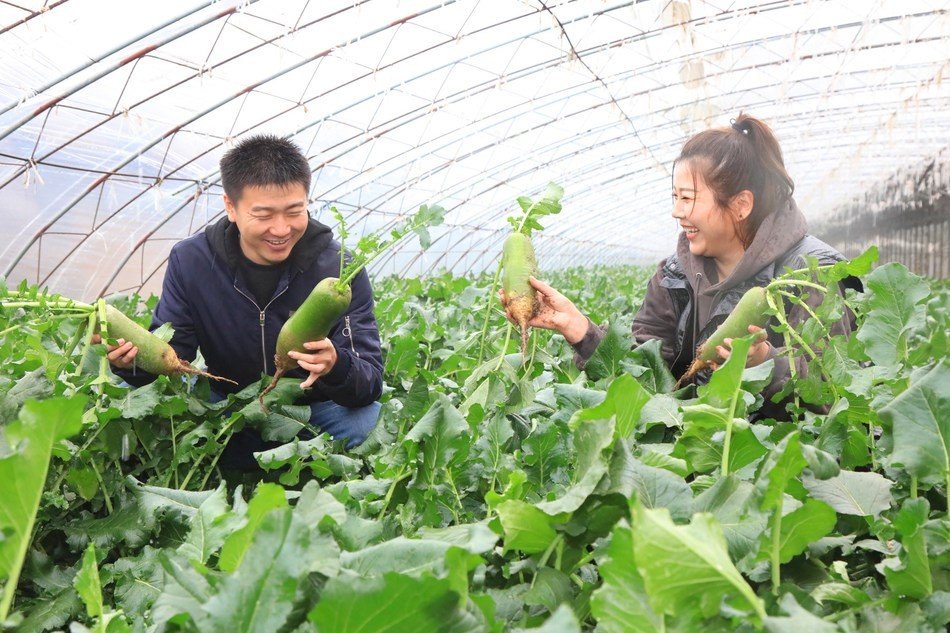MOFPI opens Mega Food Park in Punjab
MFP to benefit 25000 farmers and generate employment for 5000 persons
Union Minister for Food Processing Industries, Agriculture and Farmers Welfare, Rural Development and Panchayati Raj virtually inaugurated Mega Food Park (MFP) at Phagwara in Kapurthala district of Punjab. Tomar said that Punjab and Haryana have significant role in development of agriculture sector of India.
He added that due to untiring efforts of farmers of these two states, India is not only self-reliant in food grains but is food surplus. He said that Punjab has been ahead in production of rice and wheat however, due to reduced ground water levels, diversification of crops is required for which Punjab farmers have taken several steps.
He said that food processing sector needs to be focussed upon so that farmers get fair prices and related sectors can also benefit.
This Mega Food Park is built at project cost of Rs 107.83 crores and spread over 55 acres of land. It is expected to benefit about 25000 farmers and likely to generate employment of about 5000 persons. It is equipped with Raw Material/Finished goods Warehouses (3944Sqm), Silos (20000 MT), Cold Storage (3000 MT), IQF & Deep Freezer (IQF: 2 MT/hr + Deep Freezer: 2000 MT) & other related food processing facilities.
He added that a 10,000 crore fund has been created under Aatmanirbhar Bharat, for development of food processing sector which will benefit farmers and create employment opportunities. Till date, 37 MFPs have been sanctioned and 20 have already started functioning.
Tomar said that Sukhjit Mega Food Park would prove to be a milestone in the progress of food processing sector.
MFP to benefit 25000 farmers and generate














